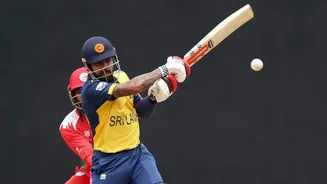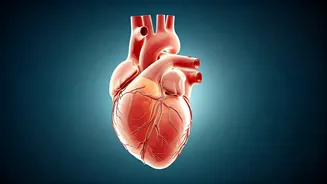Origins and Purpose
National Unity Day, also known as Rashtriya Ekta Diwas, is observed on October 31st each year. The day was established to honor Sardar Vallabhbhai Patel,
often referred to as the 'Iron Man of India'. His contributions were pivotal in the integration of the princely states into the Indian Union after independence. The main purpose of celebrating this day is to reaffirm the inherent strength and resilience of the nation to withstand actual and potential threats to its unity, security, and integrity. It serves as a reminder of the importance of national integration and the collective effort required to maintain it.
Sardar Patel's Role
Sardar Vallabhbhai Patel played a crucial role in consolidating India. Following independence, India was fragmented into numerous princely states. Patel, with his political acumen and diplomatic skills, skillfully negotiated and persuaded these states to merge with India. His dedication and strategic approach were instrumental in creating a unified India. His efforts prevented India from becoming a fractured nation and ensured a cohesive political and geographical structure. The day is thus a tribute to his vision and the legacy of a united India.
Celebrations and Activities
National Unity Day is marked by various activities across India. These include the 'Run for Unity,' a marathon held to promote the spirit of unity and national integration. The government organizes several programs, including speeches, cultural performances, and exhibitions, to highlight the importance of unity. Schools and educational institutions participate in essay writing, debates, and other competitions focused on national integration. These events help to foster a sense of belonging and patriotism among citizens, reiterating the significance of national unity.
Historical Context & Events
The events surrounding the formation of independent India provide the context for National Unity Day. After gaining independence, the integration of princely states was a significant challenge. Sardar Patel's approach and diplomacy were essential to ensuring that these states acceded to the Indian Union. Key states like Hyderabad, Junagadh, and Jammu and Kashmir posed challenges. Patel’s decisive actions and strategic decisions were crucial. This historical background emphasizes the need to preserve and strengthen national unity, emphasizing the collective effort required.
Importance Today
In contemporary times, National Unity Day remains crucial for several reasons. It serves as a reminder of the sacrifices made to build a united India. The day fosters a sense of national identity, which is essential for social cohesion and progress. It also addresses various challenges to unity, such as regionalism, communalism, and social divisions, encouraging collective action. Celebrating this day is vital to encourage all citizens to work together in building a stronger and more unified India.
PM Modi's Perspective
During National Unity Day celebrations, current leaders often offer insights into the significance of the day. In past events, Prime Minister Modi has acknowledged Sardar Patel's role in the unification of India. He mentioned Sardar Patel's vision and the importance of national integration. Modi has also spoken about the necessity of preserving India’s unity, addressing current challenges, and reiterating the importance of collective action for a better future. Such addresses and statements highlight the continuous significance of national unity in India.






















